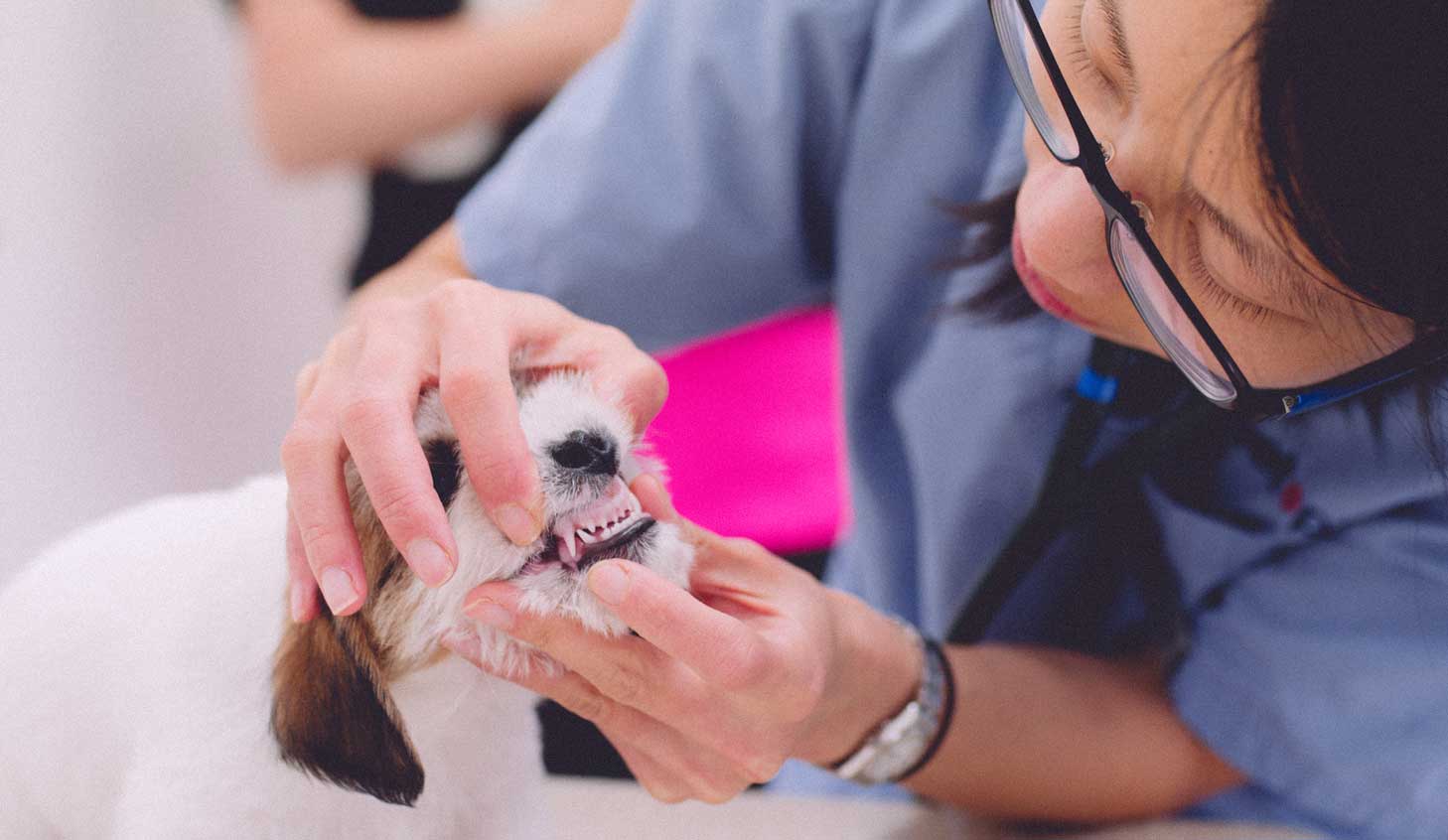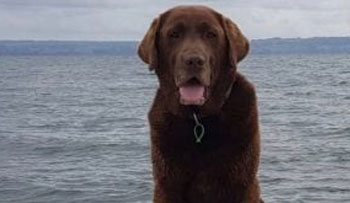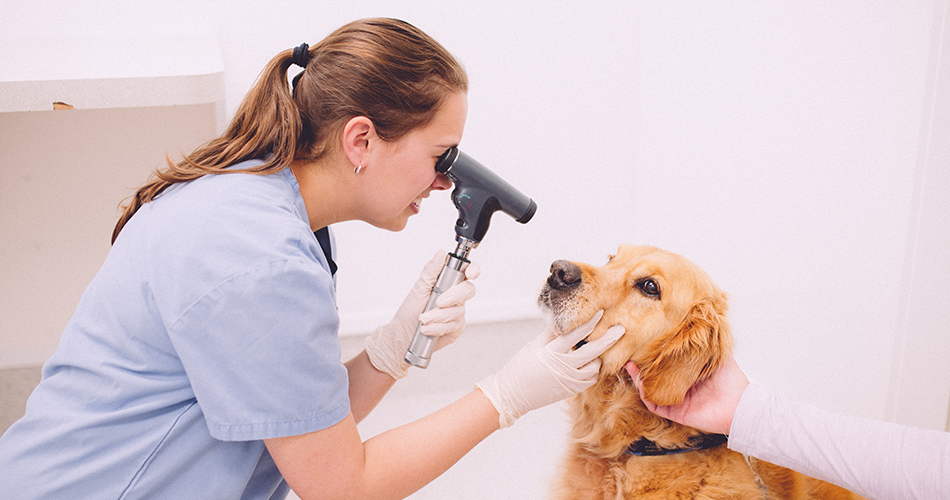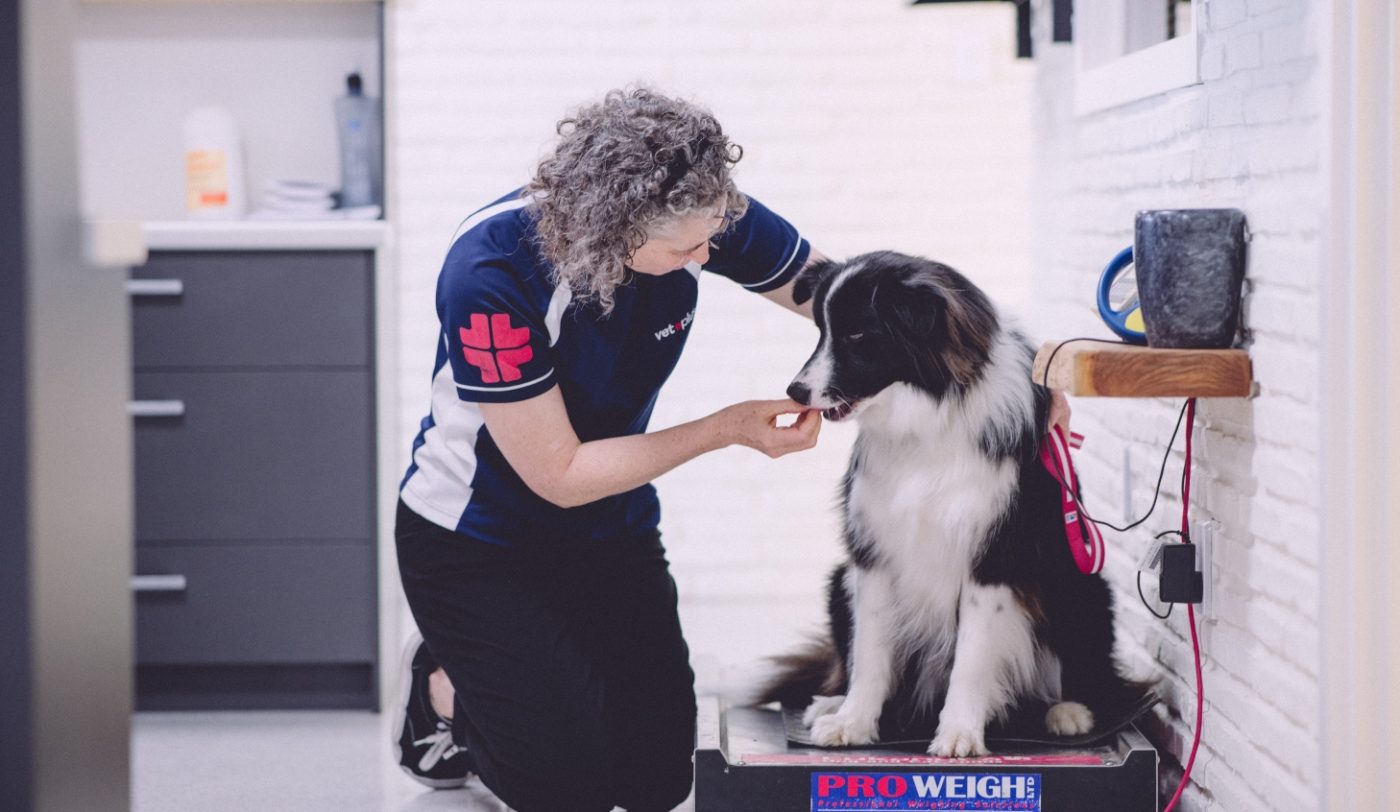Canine Infectious Cough "Kennel Cough"
May 19, 2022
Reading Time: 3 minutes
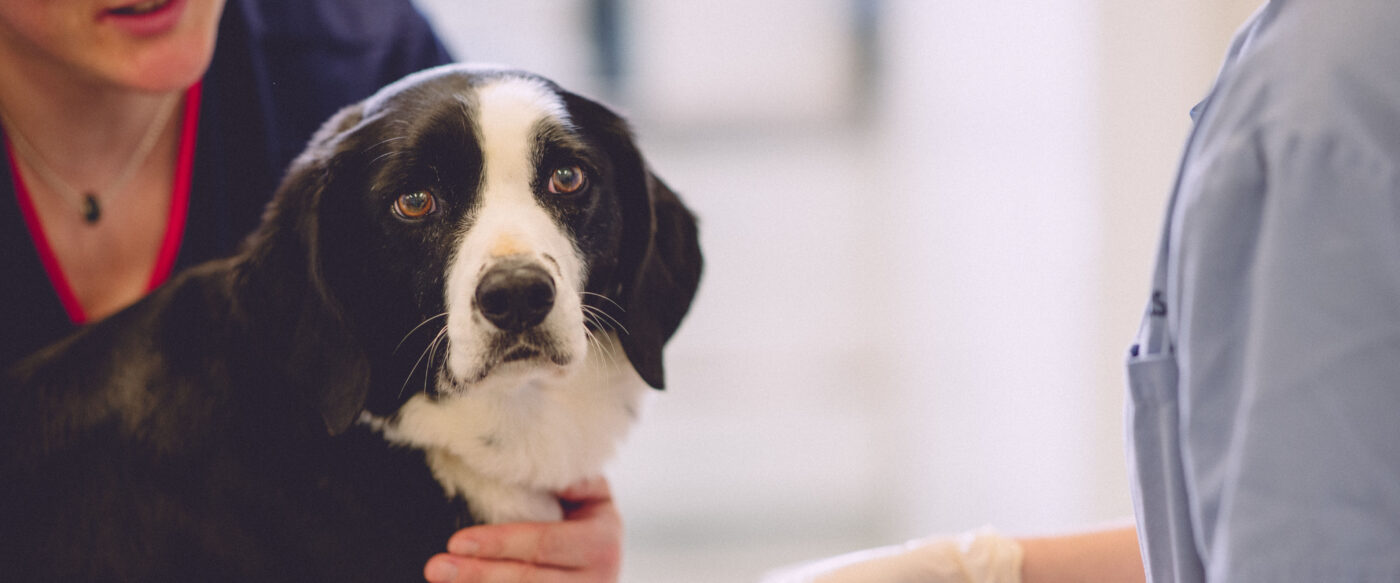
Canine infectious cough (or kennel cough) is a contagious respiratory tract disease of dogs. It is spread in the air when dogs are in close contact with other dogs and is often seen at boarding kennels (hence the name), or dog shows.
The symptoms are self limiting and resolve within 2 weeks in nearly all dogs. A persistent dry hacking cough is the main clinical sign. Some animals can become lethargic, off food or have difficulty breathing. Some will seem like they are trying to vomit or have “something stuck” but nothing will be coming up.
Kennel cough occurs in dogs of all ages. Adults usually show only mild symptoms, but if there is a concurrent bacterial infection, a more severe pneumonia can develop. Older, very young or already unwell animals will tend to experience more serious clinical signs.
Kennel cough is caused by several different organisms. The most important is the canine parainfluenza virus, which is widespread in the dog population. Other viruses can be involved, including canine distemper virus (rare), and canine adenovirus type 2. As well as these three viruses, the bacteria Bordetella bronchiseptica can establish an infection on top of one of the viruses, and this leads to severe pneumonia.
If your dog is unwell with kennel cough we will check your pet over out in the car park to avoid infecting further pets. We will be checking for warning signs for more severe infection. We will likely treat your pet with anti-inflammatory medication to help reduce the inflammation around the back of the throat and may cover them with antibiotics also. The virus itself cannot be treated.
Your dog can be vaccinated against kennel cough which will either prevent or reduce severity of the disease. We recommend a single intranasal vaccination from 12 weeks of age, or a course of two injections 3-4 weeks apart. We recommend vaccination at least 10 days prior to going into the kennels however your pet will have some protection from the intranasal vaccine after 3 days. Check with your kennel for their specific vaccination requirements. The best protection is given within the first 6 months following vaccination but will last up to 1 year. Annual revaccination is recommended and this may reduce to 6 monthly in the face of an outbreak.
Key points if an outbreak of kennel cough occurs:
- THE INCUBATION PERIOD IS 2 TO 14 DAYS- this means dogs can take this long to start coughing from initial exposure
- Dogs are typically sick for 1-2 weeks and should be examined by a vet if they are unwell.
- Infected dogs can shed Bordetella bacteria for 2-3 months following infection, so new dogs exposed to recovering animals can be at risk.
- VACCINATION IS NOT USEFUL IN A DOG ALREADY INCUBATING KENNEL COUGH, but since we do not know which dogs are incubating, it is still advisable to vaccinate all exposed dogs if there is an outbreak.
- Bordetella bronchiseptica (kennel cough) vaccination may not prevent infection. In some cases, vaccination minimizes symptoms of illness but does not entirely prevent infection. This is true whether nasal or injectable vaccine is used.
- Dogs that have recovered from Bordetella bronchiseptica are typically immune to reinfection for 6 to 12 months.
- Environmental disinfection is helpful if an outbreak occurs, but the organisms are typically spread via airborne route from infected or recovering animals, so is not as important as preventing airborne spread.
- Avoid direct contact with other dogs and unwell animals already in a boarding facility should be kept in an isolation area or sent them home until the outbreak is under control.
- We recommend a 2 week stand down from the kennels or day care after infection.

